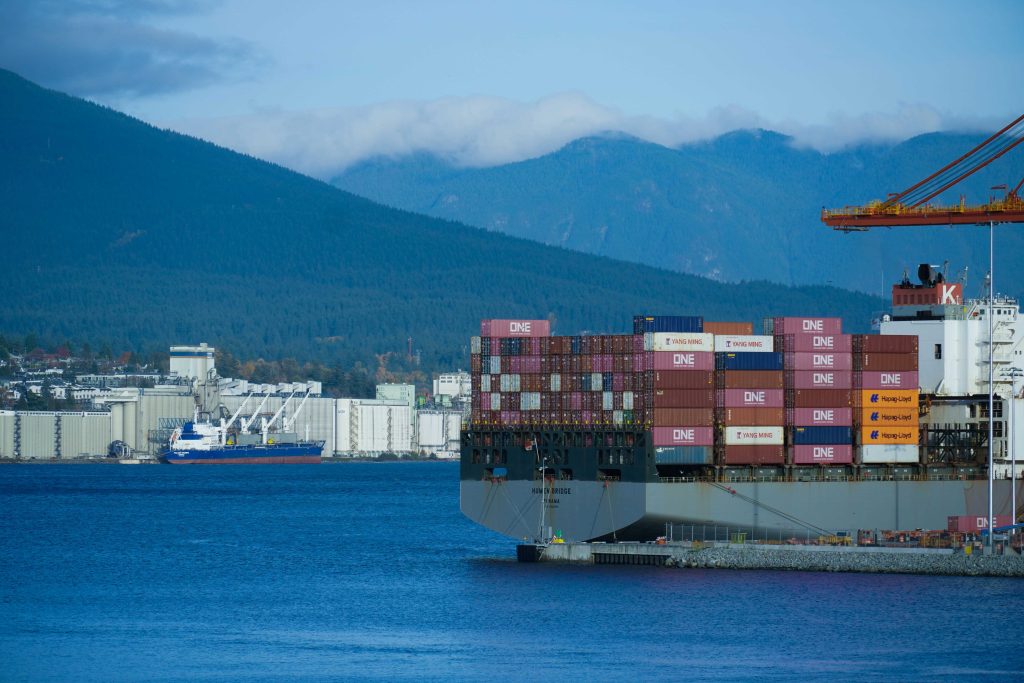
Recently, the United States Federal Maritime Commission has issued a final rule that sets new requirements for how common carriers and marine terminal operators (MTOs) charge demurrage and detention fees. It clarifies who is to be charged, the time frame for charges, and the process for disputing bills.This rule, which impacts all U.S. import and export containers transported after May 28, 2024, aims to streamline practices and ensure fairness in the billing of these accessorial charges.
Demurrage and detention charges
Demurrage and detention are two terms that are commonly used in the context of container shipping.
1. Demurrage Charges: These are fees that are levied by the shipping line to the importer in case they do not remove the container from the port or terminal area within the free time period allowed. Essentially, demurrage charges are like a penalty for storing a container in the port's container yard beyond the allowed free time.
2. Detention Charges: These are fees that are charged by the shipping line to the importer or exporter when the container has been removed from the port or terminal area (for loading or unloading) and has not been returned empty to the nominated depot of the shipping line within the stipulated free time. In essence, detention charges are like a penalty for holding the container outside the port or terminal beyond the allowed free time.
How much does demurrage and detention cost?
The cost of demurrage and detention charges can vary significantly depending on several factors, including the shipping line, the port of loading or discharge, the type of cargo, and the terms of the contract of carriage.
Generally, charges are levied on a per day basis after the expiration of the free time. For example, a shipping line may allow 7 days free time for demurrage and another 7 days for detention. After this period, they may charge $100 per day for the first 5 days, $200 per day for the next 5 days, and $300 per day thereafter.
It's also important to note that these charges can be higher for refrigerated containers due to the additional electricity costs for maintaining the temperature.
Tips to avoid demurrage and detention fines
1. Understand the Terms: Familiarize yourself with the terms of your shipping contract, particularly the free time allowed for demurrage and detention.
2. Plan Ahead: Schedule your shipment to arrive when you are ready to receive it. Avoid having your shipment arrive on weekends or holidays when your warehouse might be closed.
3. Efficient Unloading: Have a plan for efficient unloading of the container as soon as it arrives at your warehouse. The quicker you can unload, the sooner you can return the container.
4. Prompt Return: Return the empty container to the nominated depot as soon as possible.
5. Regular Communication: Maintain regular communication with your shipping line or freight forwarder. If you foresee any delays, let them know as soon as possible.
6. Consider Demurrage and Detention Insurance: Some insurance companies offer coverage for demurrage and detention charges, which might be worth considering for high-value shipments or if you frequently incur these charges.
How will this detention and demurrage rule impact global shippers?
The new rule on detention and demurrage by the Federal Maritime Commission (FMC) will likely have several impacts on global shippers:
1. Clarity and Certainty: The rule provides clear guidelines on who can be billed for demurrage and detention, which could reduce disputes and confusion. This could result in a more efficient process and potentially lower administrative costs for shippers.
2. Timely Billing: With the requirement for invoices to be issued within 30 calendar days, shippers will have a better idea of their costs sooner. This could improve budgeting and financial planning.
3. Dispute Resolution: The rule establishes a clear process for disputing bills, which could make it easier for shippers to challenge charges they believe are unfair or incorrect.
4. Fairness: By linking charges to the failure to pick up cargo or return equipment in a timely manner, the rule could discourage unnecessary delays and encourage more efficient operations. This could benefit shippers by increasing the fluidity of the supply chain.
5. Compliance: The rule requires certain information to be included in invoices. If this information is not included, the billed party is not obligated to pay the charge. This could incentivize carriers and MTOs to ensure their invoicing is accurate and complete.
Overall, the rule could lead to more transparency, efficiency, and fairness in the billing of demurrage and detention charges, which could benefit global shippers.








